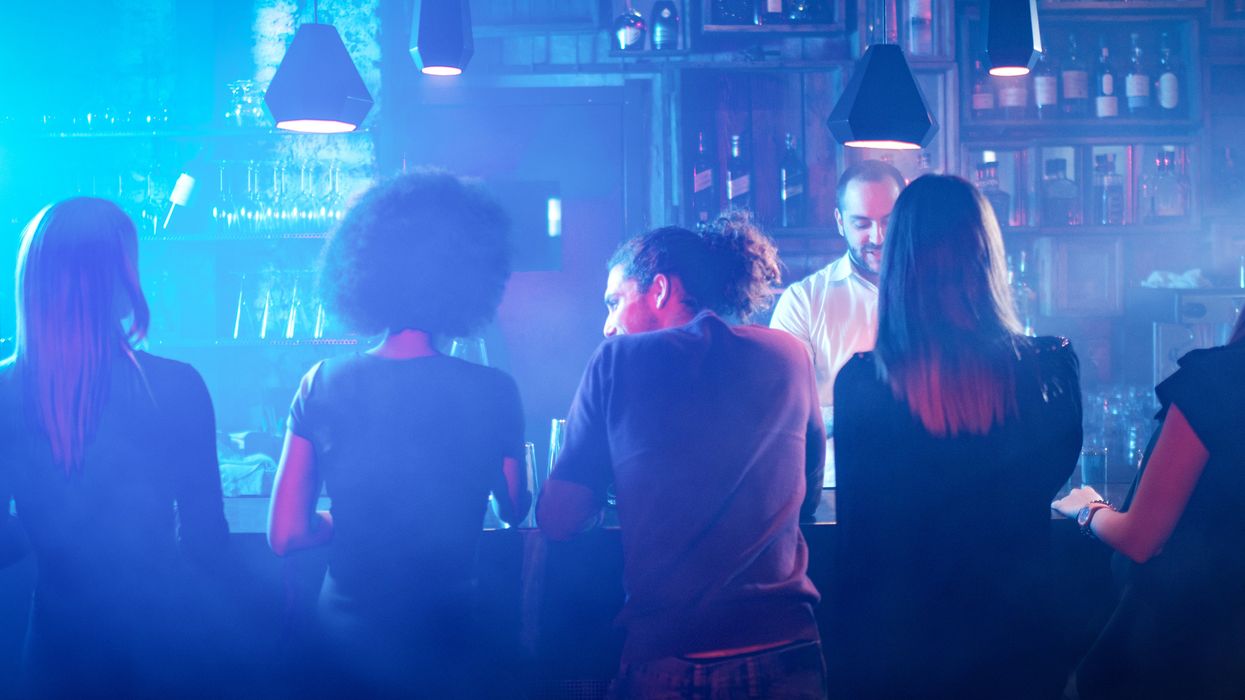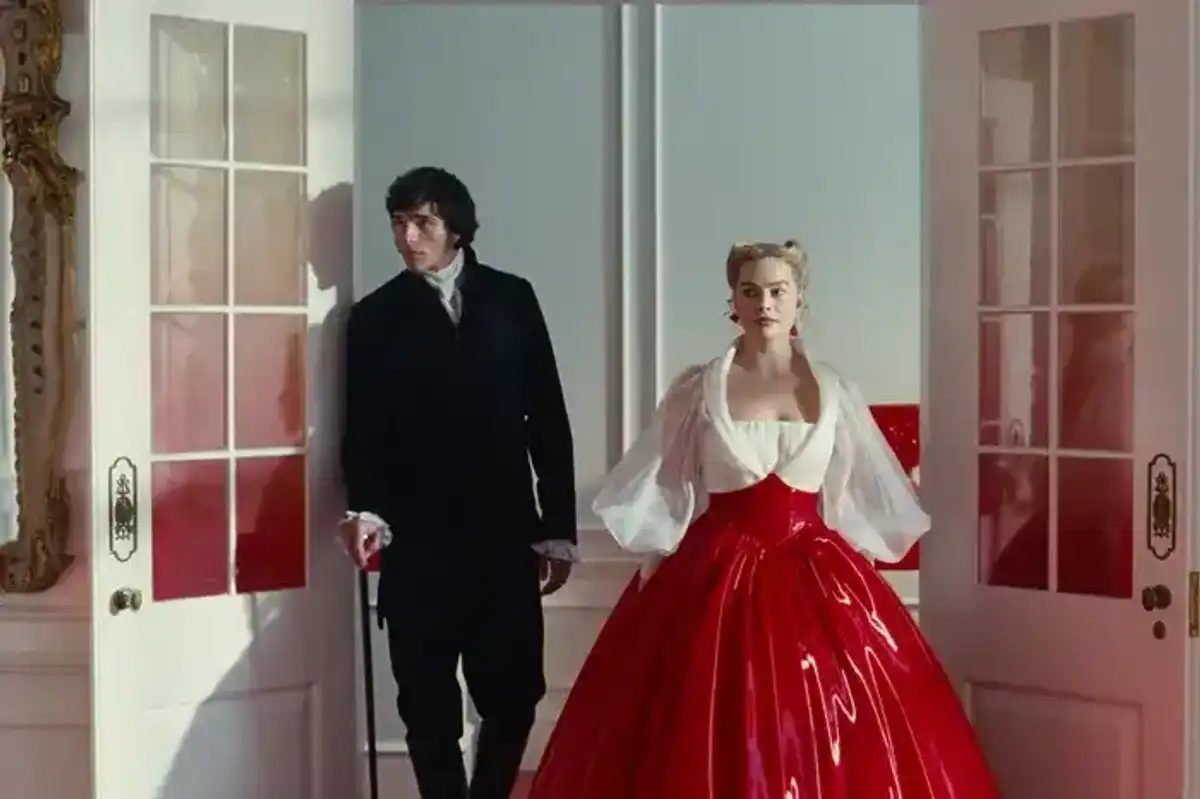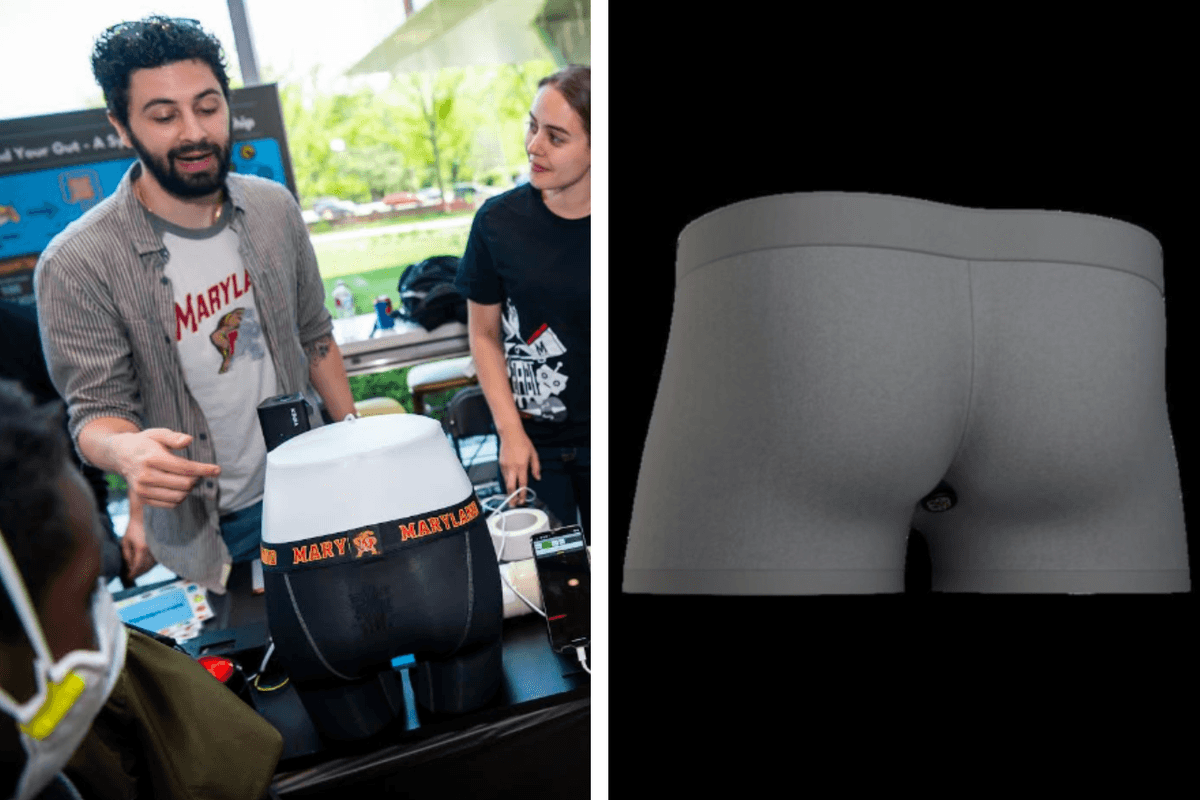News
Kate Plummer
Oct 21, 2021
A university has been accused of victim blaming after it told its students “don’t get spiked” following reports that these cases are surging.
In posts on Twitter and Instagram that have since been deleted, Durham University appeared to put the onus on victims of alleged spiking, prompting outrage.
The post read:
“Drink Spiking is dangerous and something that you can prevent from happening to you and your friends. “#dontgetspiked Contact the police as soon as possible in a suspected case so an investigation can be conducted and others protected.”
It comes after Priti Patel has asked the police to investigate the scale of drinks spiking as a number of women have claimed they have been spiked by injection.
Sign up to our new free Indy100 weekly newsletter
University of Nottingham student Zara Owen, 19, from Surrey, said she blacked out soon after arriving at a venue last Monday, telling BBC Breakfast: “I know I didn’t drink as much as I usually would on a night-out this night, and the fact that I don’t remember anything is terrifying for me because this is something that is a very rare occasion to me.
“I’ve never suffered with memory loss and then the next morning… I woke up with a really painful leg.
“I found a pin prick in my leg which was the epicentre of all pain. It made me unable to walk and I was limping around.
“As a young person who’s at university, I’m hearing stories of people who have been to nightclubs and they have been injected. I have heard stories of someone having it through their hand or through their back, so this kind of gave me an idea this had happened to me.”
Meanwhile, Nottinghamshire police force is investigating 12 reports of spiking where the victims believe they were injected with a needle.
Metropolitan Police Commissioner Dame Cressida Dick said she had not heard about the injection spiking incidents but told the London Assembly Police and Crime Committee that they sounded “very worrying”.
Reports of women having their drink spiked in London have increased in the past five years from 136 in the year to September 2017 to 473 in the year to September 2021, the committee heard.
Reacting to Durham University’s advice, the president of Durham’s student union Seun Twins said she was “disappointed”.
Welfare & Liberation Officer for the union Jonah Graham called the comments “widely inappropriate”.
A petition launched last week to make it a legal requirement for nightclubs to thoroughly search guests on entry has already gained more than 120,000 signatures.
Meanwhile, boycotts of clubs have been organised across major cities in the UK next week, including London, Nottingham, Liverpool, Manchester, Cardiff, Edinburgh, and Belfast to raise awareness about drinks spiking.
A Durham University spokesperson said: “The health, safety and wellbeing of our students is our first priority and we take students’ concerns very seriously.
“We continue to work with our partners and student leaders to ensure students have the right information and guidance on staying safe during nights out.”
Top 100
The Conversation (0)














